Are Puffy Mattresses Toxic?
- webdev228
- Aug 8, 2025
- 4 min read
Updated: Aug 18, 2025
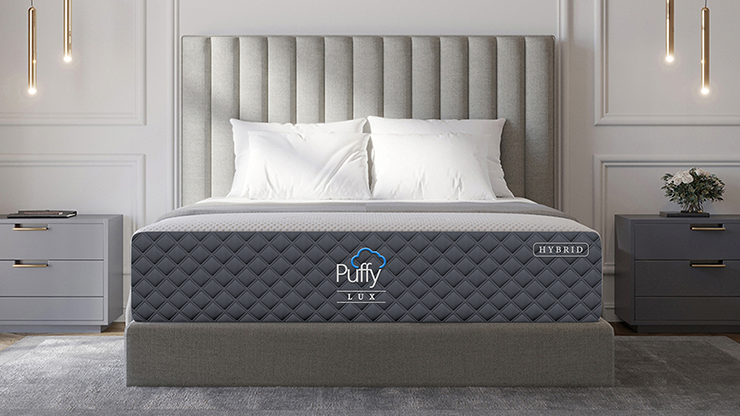
You unwrap your brand-new mattress, and that “new bed smell” hits. It’s fresh, a little strange and suddenly, you’re wondering: what exactly am I breathing in? It’s a question more people are asking these days as we all become more conscious about what goes into the products we use every day.
Americans spend nearly 9 hours a day sleeping, and even more time lying in bed reading, watching shows, or scrolling through their phones. That’s a big part of our lives spent on a mattress, so if your mattress contains toxic materials, it means you’re being exposed to harmful chemicals for hours every single day.
In this blog, we’ll look into whether Puffy mattresses are toxic, what materials they’re made from, and how safe they are for you and your family.
What Makes a Mattress Toxic?
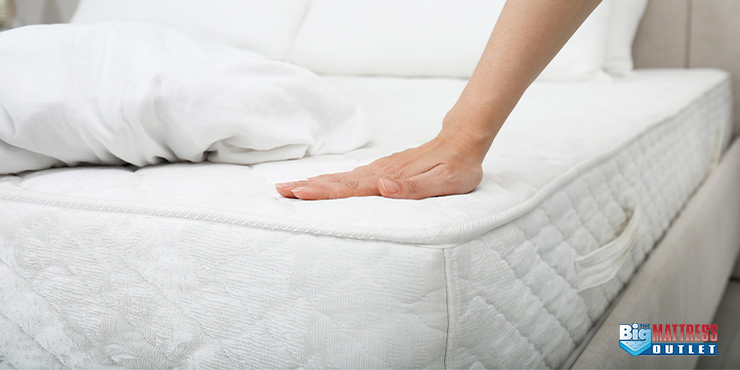
A mattress can be considered "toxic" if it releases chemicals that pollute indoor air or harm your health. Many conventional mattresses contain things like:
Volatile Organic Compounds (VOCs)
Formaldehyde
Chemical flame retardants
Synthetic adhesives
These chemicals may not always have a strong odor, but they can still linger in your bedroom. A report from the Environmental Working Group (EWG) warns that mattresses can be a significant source of exposure to toxic chemicals. Exposure to VOCs has been linked to headaches, skin irritation, allergic reactions, and, in more serious cases, long-term respiratory issues.
What Is Puffy Made Of?

A Puffy mattress is made from layers of memory foam and a soft polyester cover. But what makes people feel a little better is that the foams are CertiPUR-US® certified. That means:
No ozone depleters
No heavy metals
No formaldehyde
Low VOC emissions
The adhesives used are also low in VOCs. Puffy doesn't use fiberglass for fire protection either, which is another common concern.
What Puffy Claims About Safety
Puffy says its mattresses are non-toxic and safe for all ages. Their use of CertiPUR-US® foam is part of that claim. While this certification doesn’t guarantee the absence of chemicals, it does indicate that the mattress meets basic health standards.
Puffy also focuses on being hypoallergenic. That helps people with allergies or sensitive skin feel more comfortable. 12 percent of people said one of their top three priorities when buying a mattress is having a label that confirms the materials are safe for humans.
At the time of writing, Puffy does not advertise GREENGUARD certification, which is another safety standard focused on emissions. That’s something to keep in mind if you're comparing it to other eco-conscious brands.
So, Are Puffy Mattresses Safe or Toxic?
Based on their materials and certifications, Puffy mattresses are not considered toxic. They’re made from synthetic materials, yes, but they’ve been tested and certified to be free from harmful levels of chemicals.
Compared to traditional mattresses that may use flame retardants, glues with formaldehyde, or foams that emit high levels of VOCs, Puffy mattresses are a safer option. Most people won’t have any issues sleeping on one.
That said, individuals who are extremely sensitive to chemical smells or VOCs may still want to air out the mattress for a few days before sleeping on it. This can help the off-gassing process finish more quickly.
Final Thoughts
So, are Puffy mattresses toxic? Based on everything we’ve seen, no, they’re not. They’re made with safe materials and certified by reputable third-party labs. While they’re not all-organic, they’re far from being dangerous. If you’re worried about what you’re sleeping on, Puffy is a solid, low-tox choice.
Looking for a Safe, Low-Toxic Mattress?
At Big Mattress Outlet, we carry top brands, including Puffy, which are made with CertiPUR-US certified foams and do not contain fiberglass. Whether you're sensitive to smells, concerned about chemicals, or just want peace of mind while you sleep, we’ve got options that put your health first.
Contact us today to explore non-toxic mattresses you can trust.
FAQs
Is Puffy a good mattress?
Yes. Puffy mattresses are well-rated for comfort, pressure relief, and motion isolation. Many sleepers, particularly those who sleep on their sides or backs, find them supportive and comfortable. They’re also made with CertiPUR-US® certified foams, meaning they’re free from harmful chemicals.
Do Puffy mattresses have fiberglass?
No. Puffy mattresses do not contain fiberglass. Instead, they use a fire-resistant, non-toxic barrier made from natural materials, such as silica, which provides safety without the health concerns associated with fiberglass.
Where are Puffy mattresses made?
Puffy mattresses are made in the USA. Manufacturing locally allows Puffy to maintain high-quality standards and ship quickly across the country.
Can you put a Puffy mattress on box springs?
It’s not recommended. Puffy advises against using traditional box springs, as they can affect support and comfort. Instead, use a solid foundation, slatted base (with slats no more than 5 inches apart), or an adjustable base for best performance.
How long before you can sleep on a Puffy mattress?
You can sleep on a Puffy mattress within 2 hours of unboxing. However, it may take up to 24 to 48 hours for the foam to fully expand and reach its intended firmness and shape.
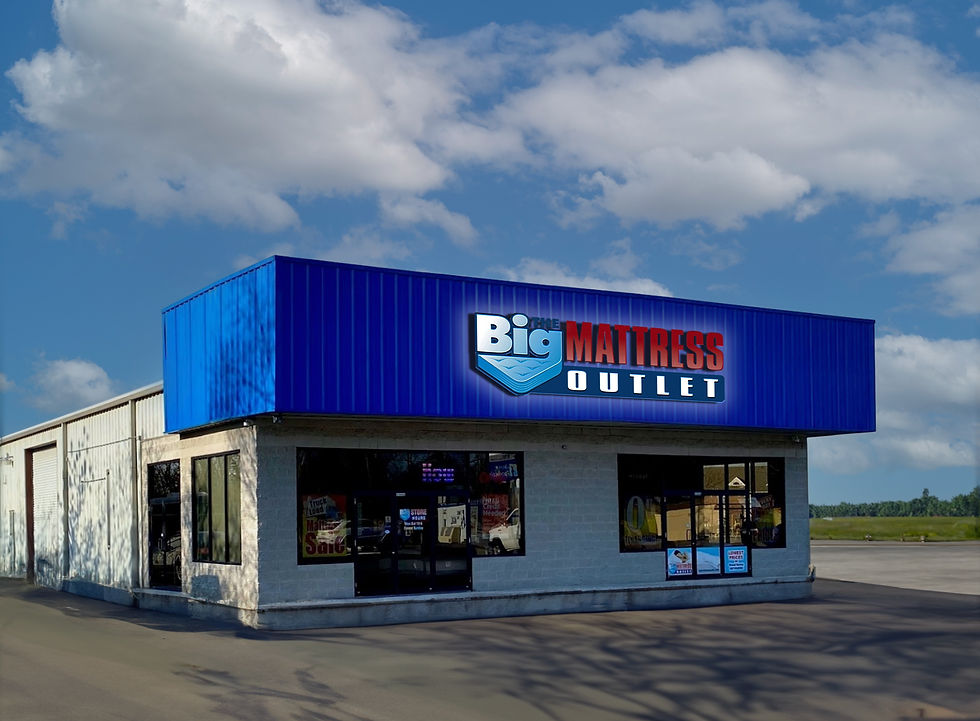
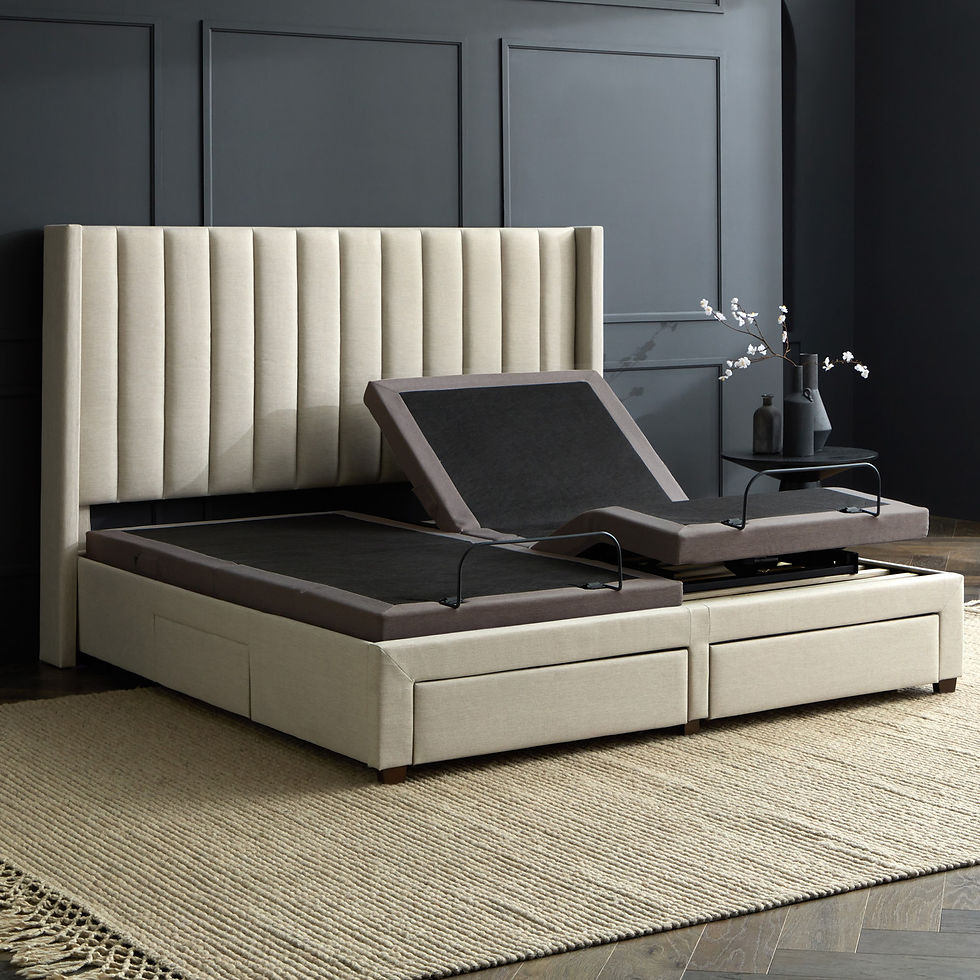











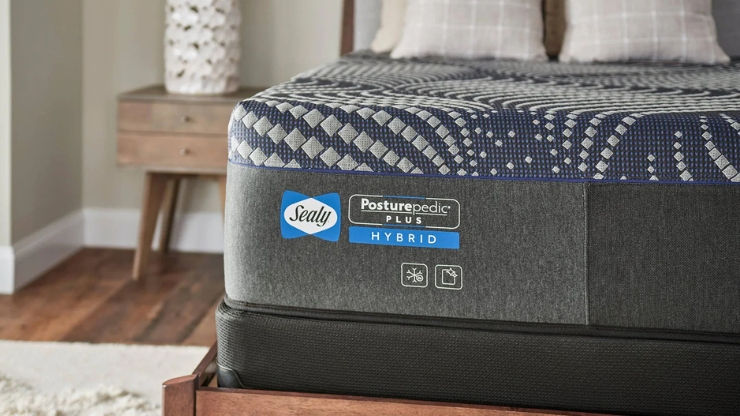

Comments